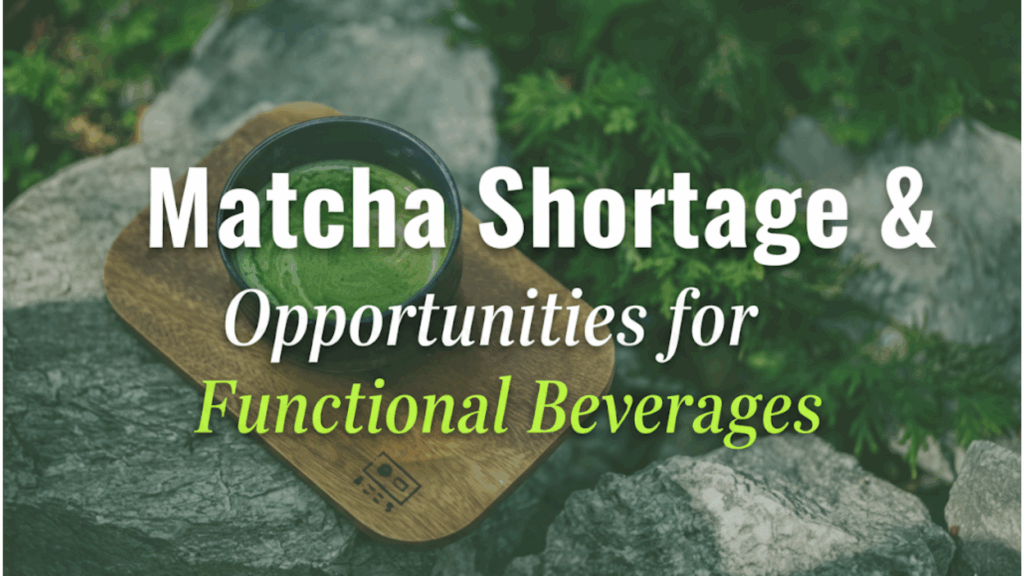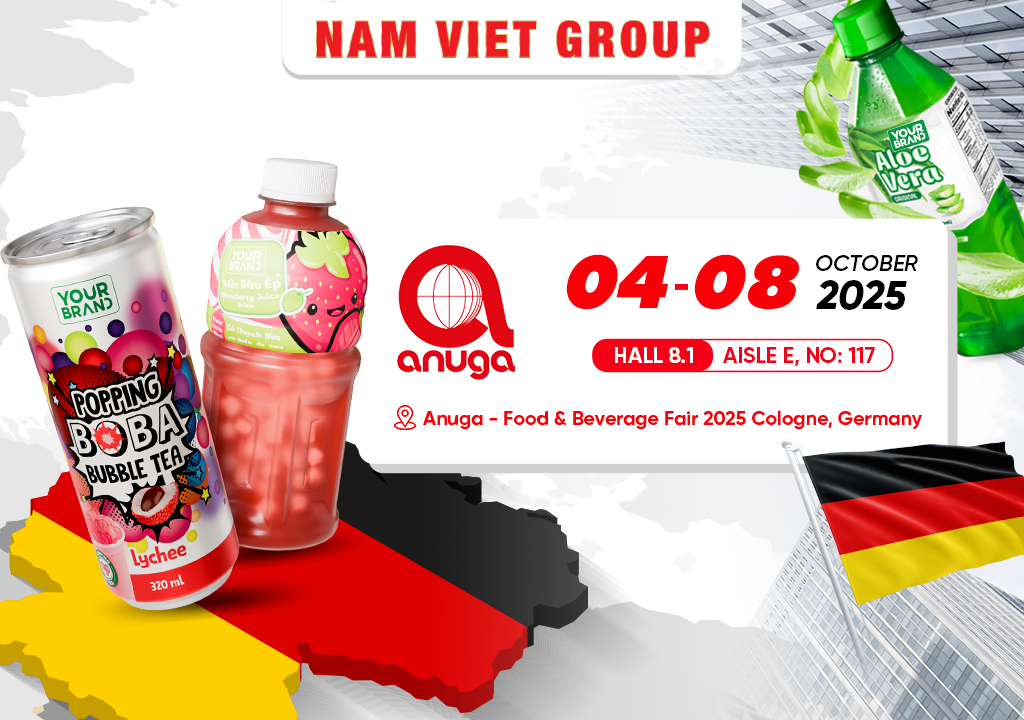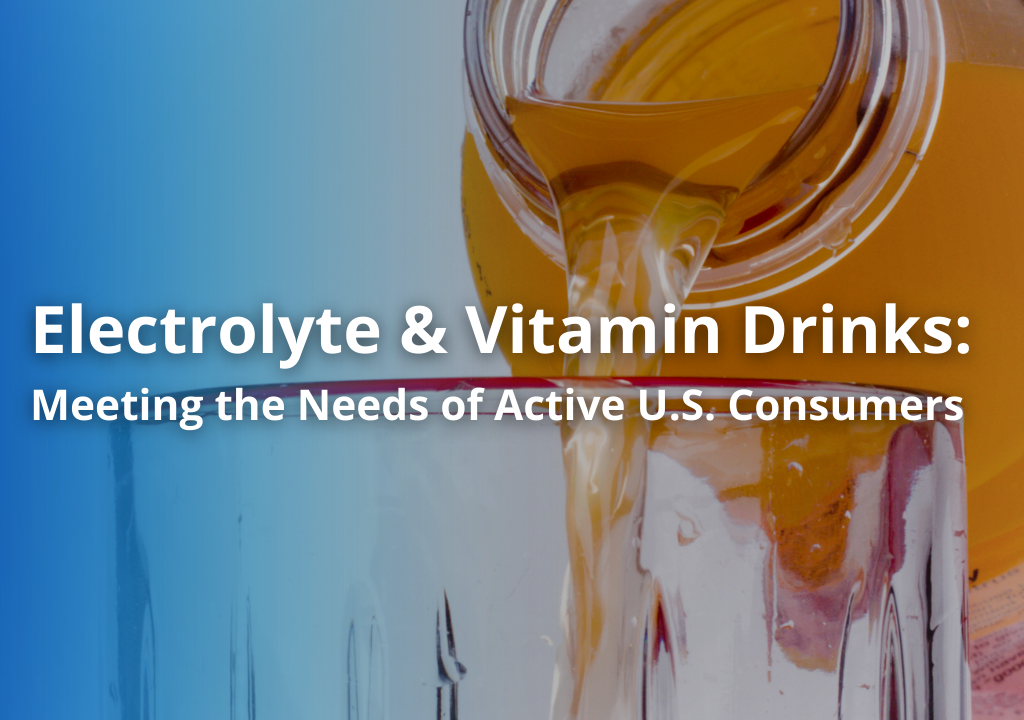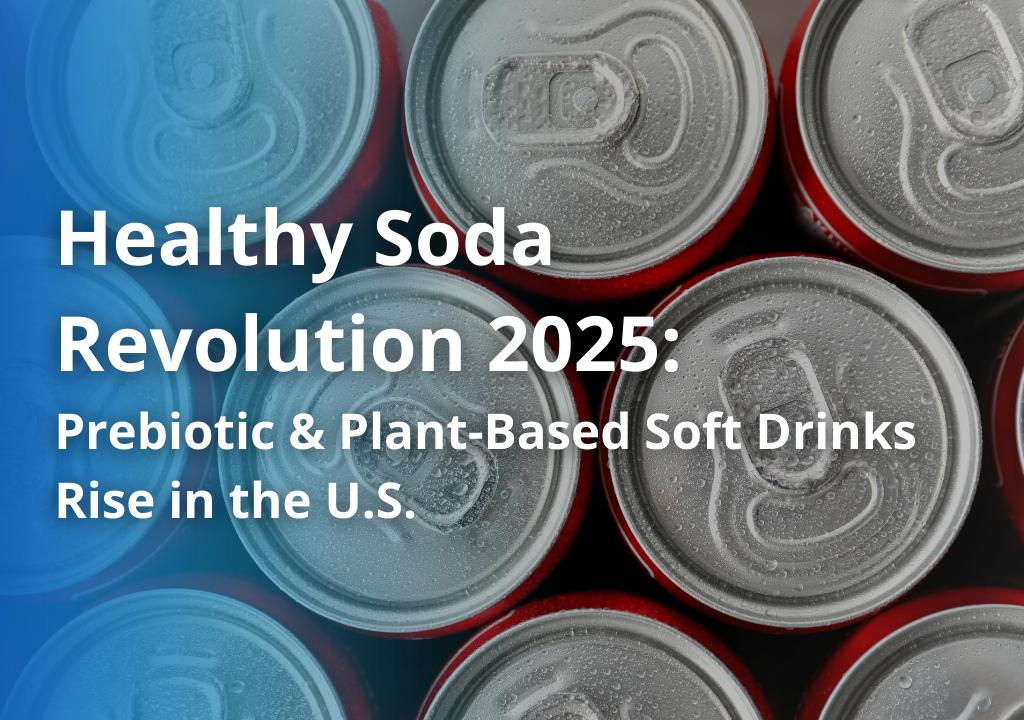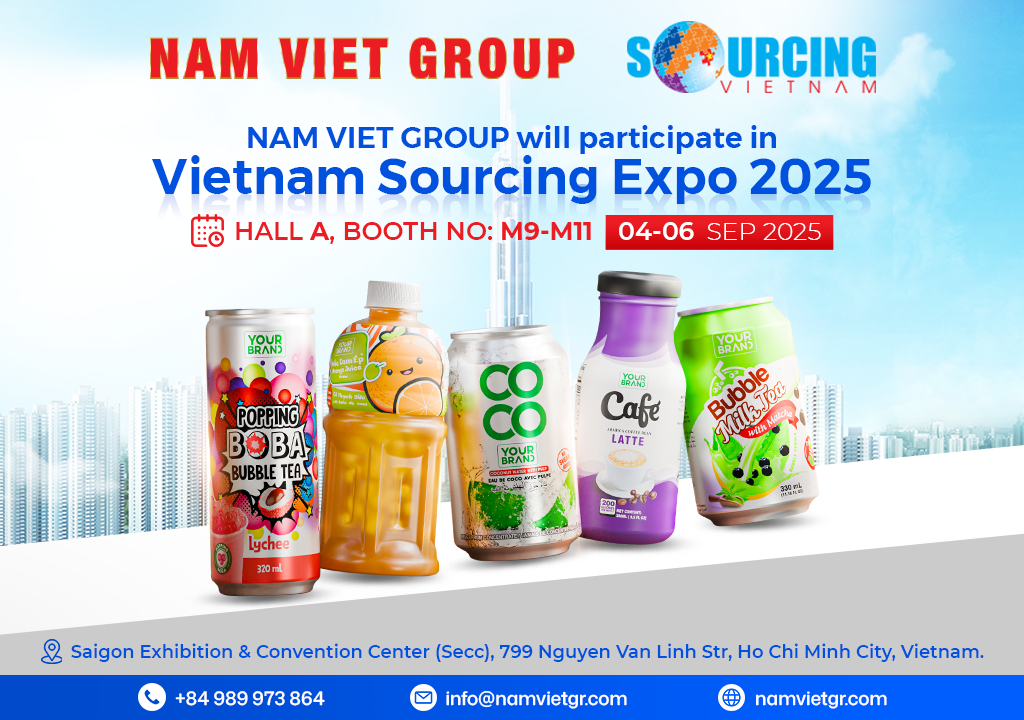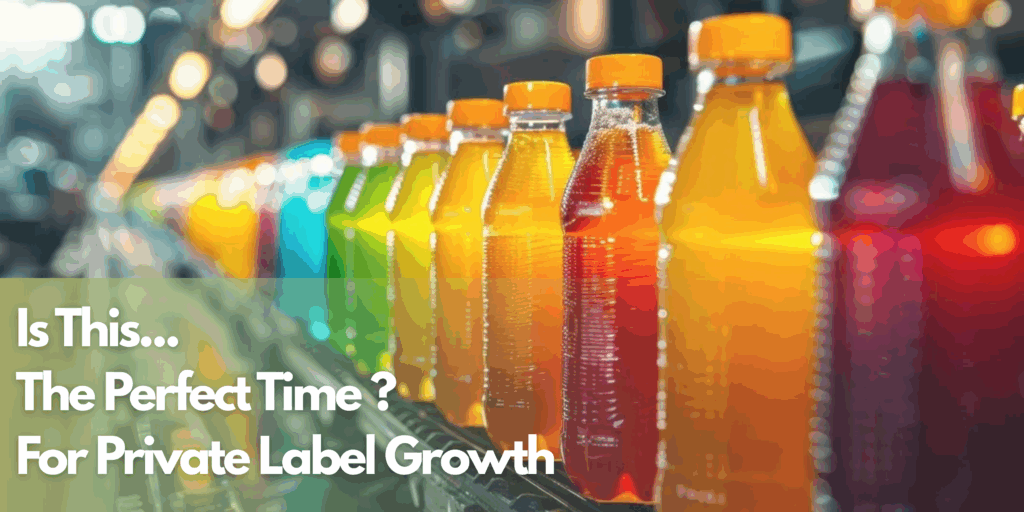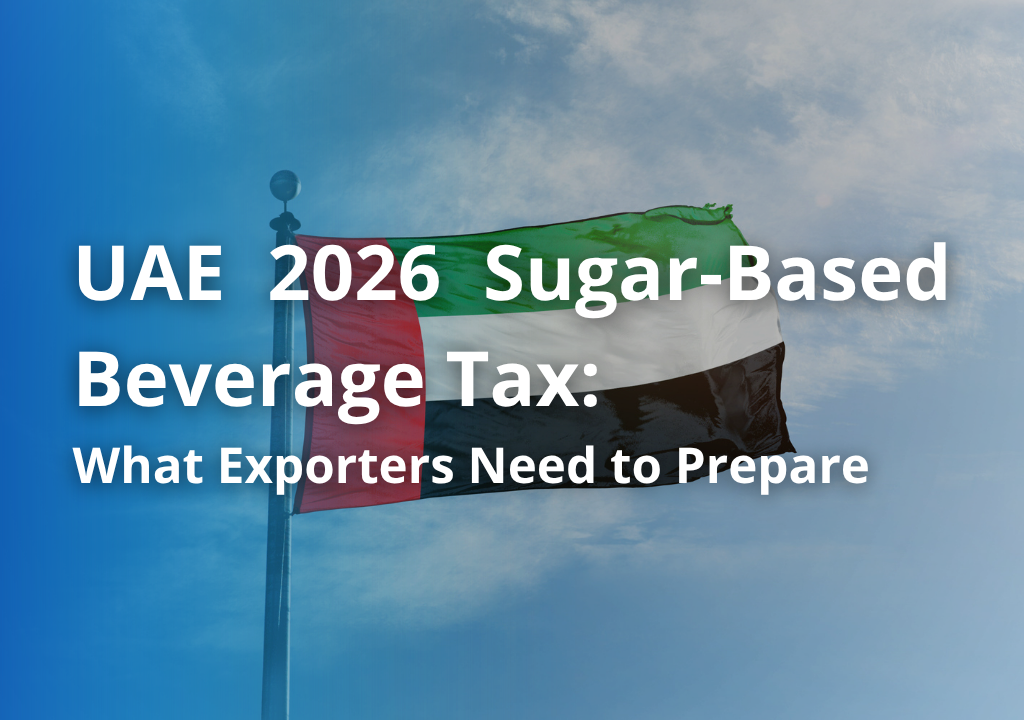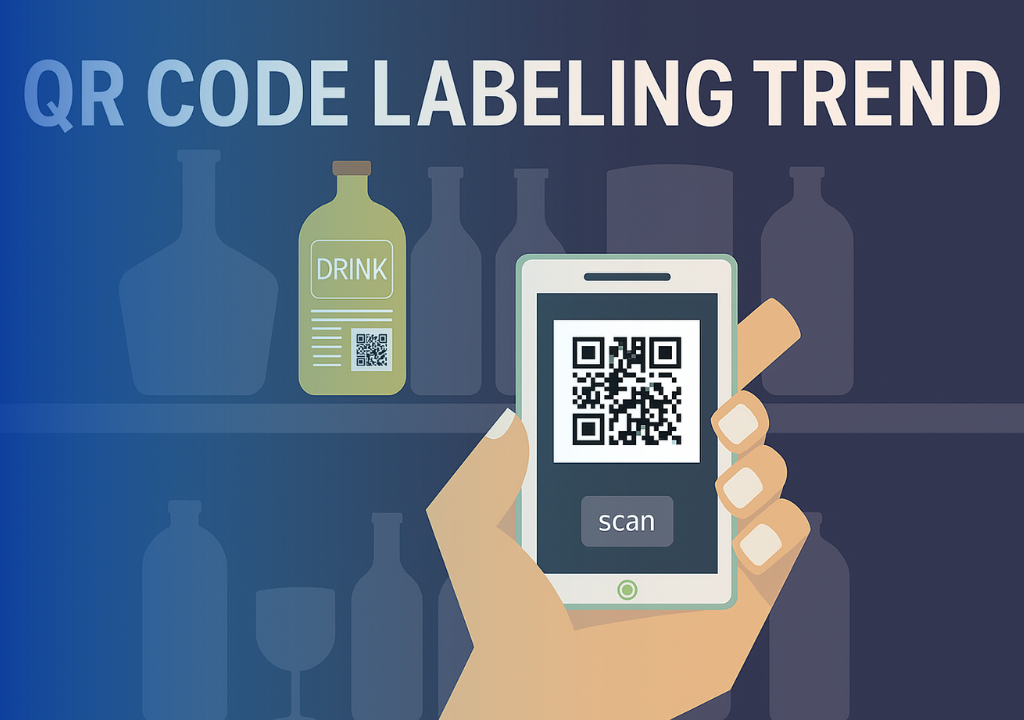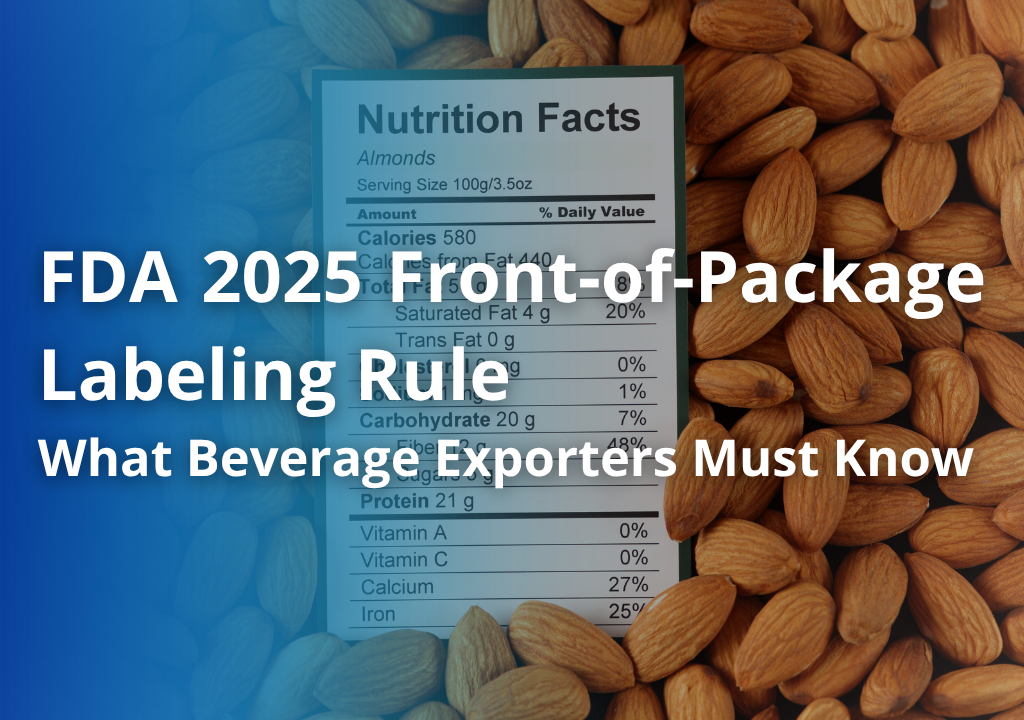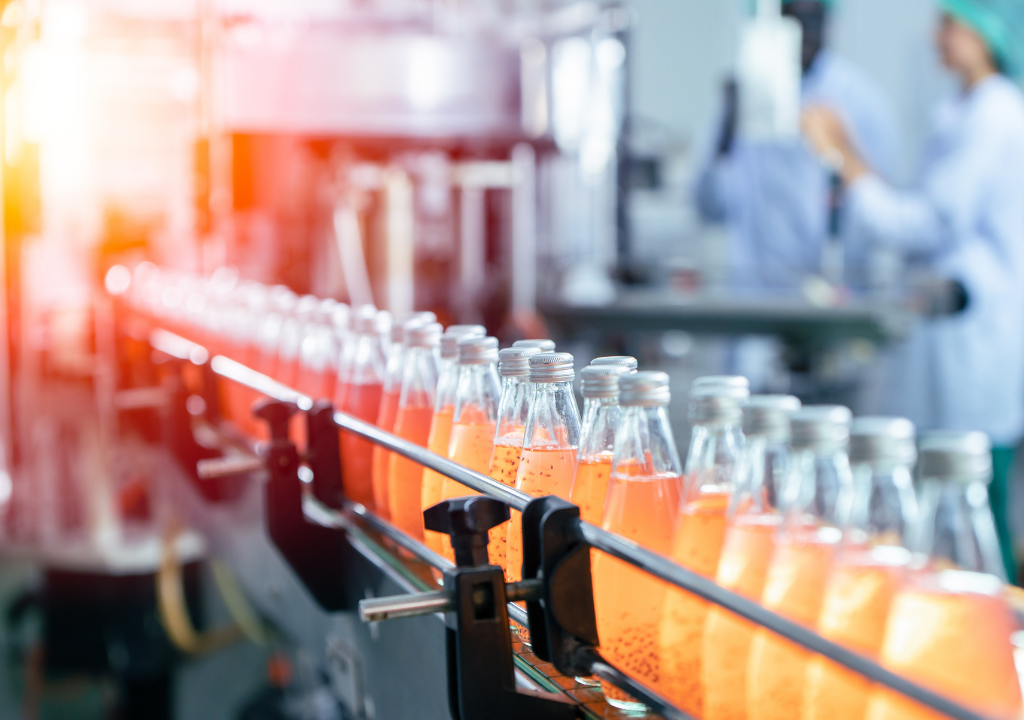EU Tightens Food Additive Regulations: What Exporters Must Know in 2025
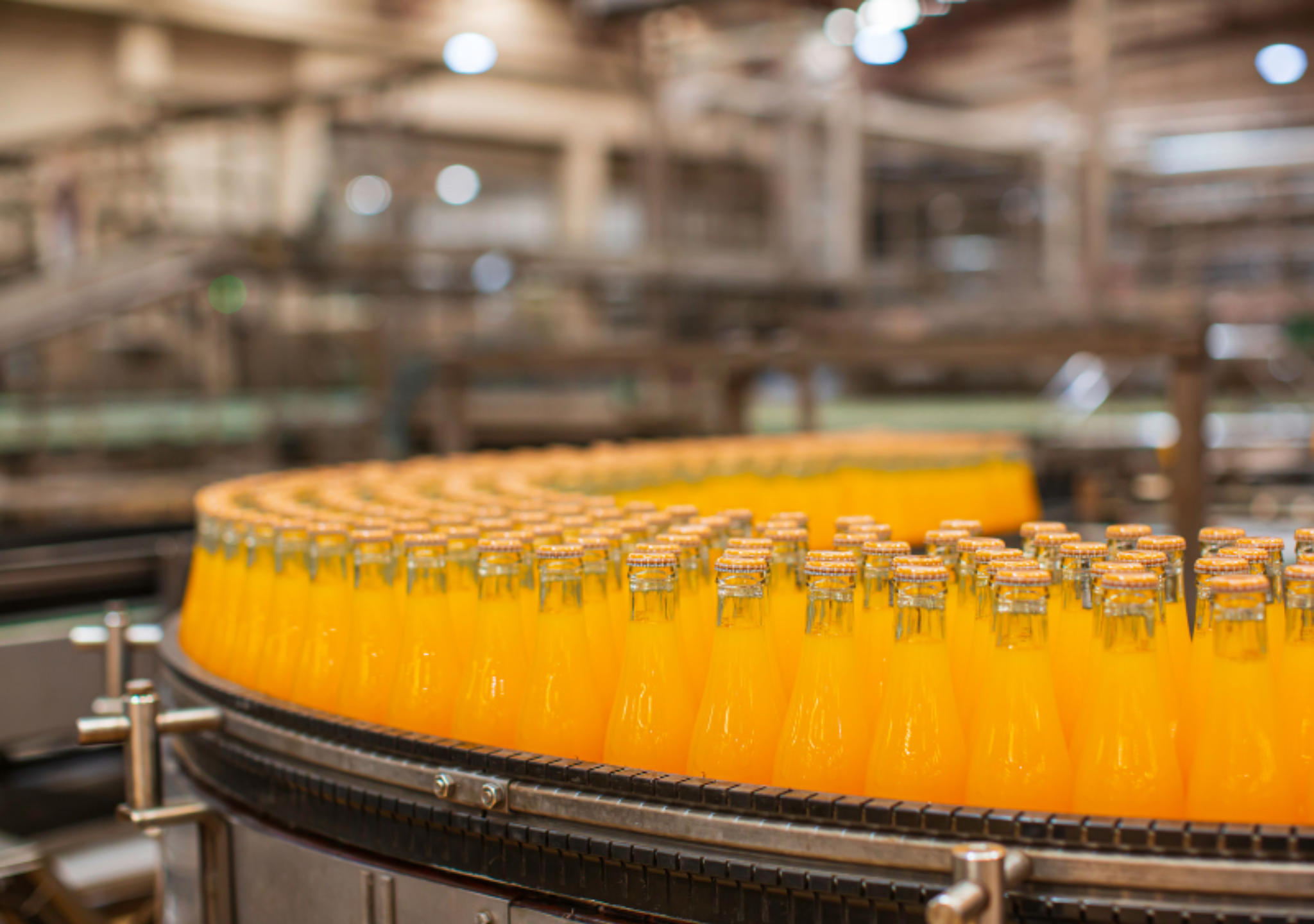
1. Introducing new regulations on food additives in the EU (applicable from 2025)
The European Union, through bodies such as the European Commission (EC) and the European Food Safety Authority (EFSA), constantly reviews and updates its list of permitted additives. The main goal is to ensure that any additives used are completely safe and do not mislead consumers. New regulations, which will come into effect in 2025, are expected to focus on reviewing and re-evaluating long-permitted additives, as well as more rigorous testing for new additives. This is a result of recent scientific research and growing consumer awareness of the importance of “clean” foods with fewer additives. According to reports from FoodBev and BeverageDaily, the focus will be on reducing the use of artificial colors, preservatives and sweeteners, while promoting more natural options.
2. List of prohibited/restricted substances
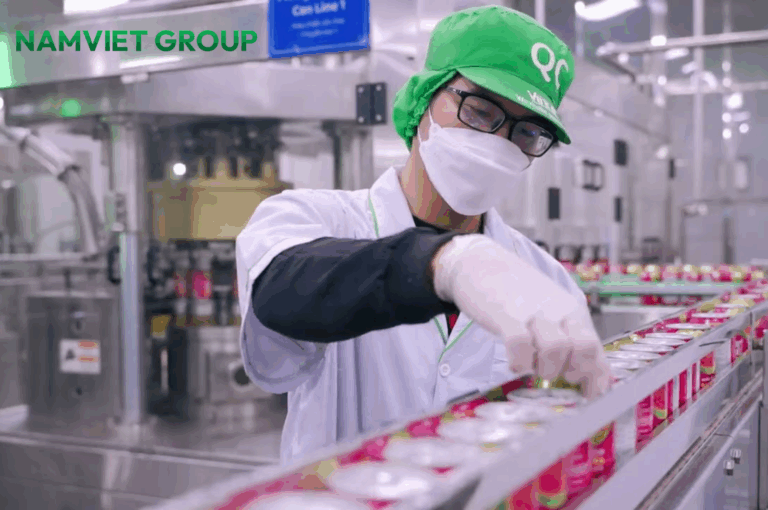
While the detailed list of banned or restricted substances may change depending on final updates from the EC and EFSA, there are a number of groups of additives that have been targeted for closer scrutiny:
- Some artificial colouring agents: For example, some azo colours (such as Sunset Yellow FCF - E110, Tartrazine - E102) have come under scrutiny due to concerns about their impact on children's behaviour. The EU already has strict restrictions on the labelling of products containing these substances. New regulations may further tighten their use or even ban some of them altogether.
- Artificial sweeteners: Aspartame (E951), Acesulfame K (E950), Sucralose (E955) are under further review by EFSA. While currently permitted within limits, new research may lead to a reduction in the maximum permitted limit or clearer labelling requirements.
- Preservatives: Some benzoates (E210-E213) or sulfites (E220-E228) may have their permitted levels reduced or be banned in certain foods, especially beverages, due to their potential to cause allergies or other adverse health effects at high levels.
- Controversial additives: Substances that have been linked to emerging research on negative effects on the gut microbiome or other potential health problems will be the focus of future assessments.
Note: Exporters should closely monitor official updates from the EC and EFSA portals for the most accurate list.
3. Impact on soft drink and juice exporters
The new regulations will have a significant impact on the beverage and juice industry, which typically uses a certain amount of additives to improve taste, colour and shelf life.
Product reformulation:
- Manufacturers will have to review their existing formulations to remove or replace banned/restricted additives. This may require investment in research and development (R&D) to find natural alternatives or optimise production processes to minimise the need for additives.
- Practical examples: Some juice manufacturers have switched from using synthetic preservatives to more advanced sterilisation methods (e.g. high pressure sterilisation - HPP) or using natural preservatives such as rosemary extract or naturally derived citric acid.
- Flavor and color challenges: The removal of artificial colors and sweeteners can affect the sensory appearance of the product. Businesses need to look for natural solutions such as fruit and vegetable extracts for color, or use natural stevia and erythritol for sweetening, while still ensuring product quality and stability.
- Increased production costs: Changing raw materials, production technology and quality control processes can increase initial costs. However, in the long term, compliance with these regulations will enhance brand reputation and competitiveness in the EU market.
- Import rejection risk: Shipments that do not meet the new standards may be rejected for import, leading to significant financial and reputational losses.
4. Compliance Instructions
To ensure your soft drinks and juices are ready for the EU market by 2025, take the following steps:
- Review and update product formulations: Check all additives used in your products.
- Check against the EU list of permitted and prohibited/restricted additives.
- If any are affected, research and look for suitable alternatives, prioritizing natural, clean ingredients.
Understand labelling regulations: The EU has very detailed regulations on product labelling, including the clear declaration of additives by name or E-number. - If the product contains additives that require warnings, strict compliance with warning labelling requirements is required (e.g., some food colours may have adverse effects on activity and attention in children).
- Strict quality control from the source: Ensure that all raw materials, including additives, are of clear origin and meet quality standards.
Request certifications and analyses from suppliers to confirm the purity and safety of additives. - Invest in technology and production processes: Consider adopting advanced production technologies that reduce or eliminate the need for additives (e.g. UHT, HPP, ultrafiltration).
- Ensure that quality management systems (such as ISO 22000, FSSC 22000) are up to date and compliant with new requirements.
Seek expert advice: Understanding and applying complex EU regulations requires in-depth knowledge. Working with consultants with experience in food safety and export will save you time and reduce risks.
5. Contact solution from Nam Viet Group
Adjusting to comply with the new EU food additive regulations is a complex process, requiring in-depth understanding of the law, technology and market. With many years of experience in consulting and supporting the export of agricultural products, food and beverages to demanding markets such as the EU and UK, Nam Viet Group is proud to be your reliable partner.
We provide comprehensive solutions including:
- In-depth advice on EU regulations: Providing the most updated information on EC regulations, EFSA and standards related to food additives, helping businesses keep up with changes.
- Product formulation evaluation and optimization: Analyze your current formulation, propose suitable additive alternatives, ensuring that the product not only complies with regulations but also maintains its quality and characteristic flavor.
- Certification and inspection support: Guidance on the process of collecting documents, performing necessary tests to ensure products meet international standards.
- Labeling and packaging advice: Ensure your product packaging and labeling fully meet the strict requirements of the EU market, avoiding violations that can lead to import rejection.
Conclude
Don't let changes in regulations hinder your growth opportunities in the EU market. Be proactive and prepare today! Contact Nam Viet Group for advice on processing export beverages that meet EU/UK standards and successfully conquer this potential market!


